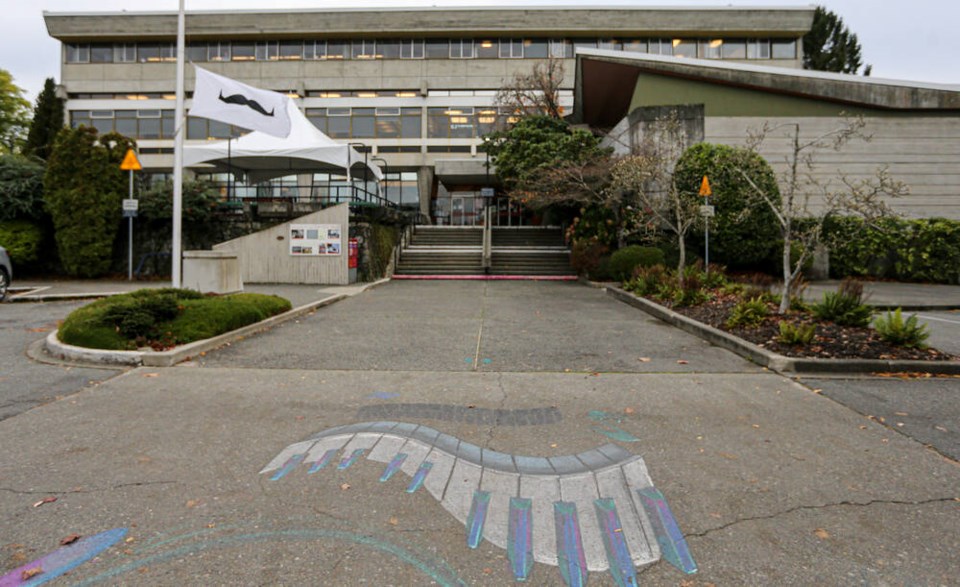As local governments across the province confront surging cost pressures, it appears major tax increases may lie ahead.
Saanich municipal council, which raised property taxes by an average 7.19 per cent in the current year, is considering a hike of more than eight per cent next year.
Vancouver, which raised property taxes by 10.7 per cent this year, expects something of the same in 2024.
While Surrey has yet to publish details for next year, a repeat of this year’s whopping 12.5 per cent increase appears likely.
Nor are scenarios like these confined to sa国际传媒 Cities across the country are wrestling with budget pressures unprecedented in recent times. And that in turn has led to a worrying development. There are growing demands for provincial governments to broaden the municipal tax base, either by transferring additional provincial revenues, or by authorizing municipalities to levy new taxes.
The City of Toronto is leading this push.
Mayor Olivia Chow, widow of former national NDP leader Jack Layton, has asked the Ontario government either to transfer a portion of its sales tax revenues, or preferably, to let the city introduce its own sales tax. While no municipality in sa国际传媒 has that authority, if Chow is successful this could become a national trend.
That municipalities face financial pressures is clear. Yet if their budgets are strained, so are budgets across every sector of society.
Fully a third of Canadians say they have difficulty paying household bills. Although overall inflation rates are now somewhat lower, they remain high for such essentials as food, housing and travel. As a result, nearly 70 per cent of families report they’ve maxed out at least one credit card.
Adding to the pressure on wage earners, the Bank of sa国际传媒 has adopted a policy of hiking interest rates. As recently as 2021, one-year mortgage rates were in the three per cent range. Today, the average is above six per cent. That means home ownership, like numerous other aspirations, is now beyond the reach of many families.
The question is what should be done. And here the broader context becomes important.
Municipal governments have greatly expanded their scope in recent decades. Some have more than doubled in size.
That was possible in part because strong economic growth provided the necessary revenues without large tax increases.
But for the foreseeable future, those days are over. Both the federal government and the provinces face stresses of their own, a collapsing health-care system and calamitous forest fires among them. There’s no help there.
In effect, it’s up to municipal councils to bring their own affairs in order. And the first step in that direction is to face reality.
Their financing scheme is broken, and gouging taxpayers is not the solution.
Second, a turn-around means more than paring at the edges. It means revisiting the whole understanding of what a local government can and should deliver.
This needn’t — shouldn’t — proceed behind closed doors. The public must be brought into the discussion.
At present, what happens is management produces a “stand pat” budget calling for huge tax hikes. Council trims this back a bit, and we all heave a sigh of relief.
This is pure theatre. We need a prioritized list of services and projects that would have to be dropped if major tax increases are to be avoided.
These must be put to a vote, and it may well be that a tax hike is preferred. But that is for us all to decide.
The Union of sa国际传媒 Municipalities begins meeting on Monday to consider the future. A complete rethink of their business model should be first on the agenda.
>>> To comment on this article, write a letter to the editor: [email protected]



